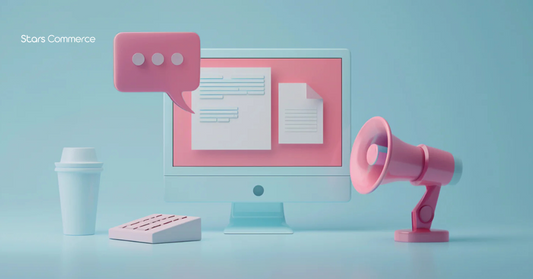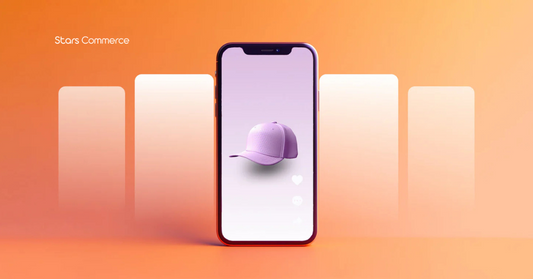What is the difference between a web designer and a web developer?
In the early days of the web, the answer to that question was simple: designers design and developers code. Today that question requires a little more nuance. Speaking about the general concepts of web design vs. web development, however, the distinction is a little more clear. Let's take a look at these two concepts and the roles they play in building the functioning websites and apps.
What is Web Design?
Web design is everything that involves the visual aesthetics and usability of a website—color scheme, layout, information flow, and everything else related to the visual aspects of the UI/UX (user interface and user experience). Some common skills and tools that distinguish the web designer from the web developer are:
- Adobe Creative Suite (e.g., Photoshop, Illustrator) or other design software
- Graphic design
- UI design
- UX design
- Logo design
- Layout/format
- Placing call-to-action buttons
- Branding
- Wireframes, mock-ups, and storyboards
- Color palettes
- Typography
Web design is concerned with what the user actually sees on their computer screen or mobile device, and less so about the mechanisms beneath the surface that make it all work. Through the use of color, images, typography and layout, they bring a digital experience to life.
That said, many web designers are also familiar with HTML, CSS, and JavaScript—it helps to be able to create living mock-ups of a web app when trying to pitch an idea to the team or fine-tune the UI/UX of an app. Web designers also often work with templating services like WordPress or Joomla!, which allow you to create websites using themes and widgets without writing a single line of code.

What is Web Development?
Web development is all the code that makes a website tick. It can be split into two categories—front-end and back-end. The front-end or client-side of an application is the code responsible for determining how the website will actually display the designs mocked up by a designer. The back-end or server-side of an application is responsible for managing data within the database and serving that data to the front-end to be displayed. As you may have guessed, it’s the front-end developer’s job that tends to share the most overlap with the web designer. Some common skills and tools traditionally viewed as unique to the front-end developer are listed below:
- HTML/CSS/JavaScript
- CSS preprocessors (i.e., LESS or Sass)
- Frameworks (i.e., AngularJS, ReactJS, Ember)
- Web template design
- Libraries (i.e., jQuery)
- Git and GitHub
- On-site search engine optimization (SEO)
Front-end web developers don’t usually create mock-ups, select typography, or pick color palettes—these are usually provided by the designer. It’s the developer’s job to bring those mock-ups to life. That said, understanding what the designer wants requires some knowledge of best practices in UI/UX design so that the developer is able to choose the right technology to deliver the desired look and feel and experience in the final product.
Back-end developers handle the business logic and data management on the back-end of an application. They write the APIs and routing that allow data to flow between the front and back end of an application. Programming languages and tools unique to back-end developers are listed below:
- Server-side programming languages (e.g., PHP, Python, Java, C#)
- Server-side web development frameworks (e.g., Ruby on Rails, Symfony, .NET)
- Database management systems (e.g., MySQL, MongoDB, PostgreSQL)
- RESTful APIs
- Authentication and security (e.g., OAuth, PassportJS)
- Servers (e.g., Linux, Apache, Express)
Web developers who possess a working knowledge across the frontend and backend of a technology stack are called full-stack developers.
Web designers vs. web developers—major differences at a glance
Now that we’ve established that web design and web development are two distinct disciplines, let’s take a look at the major differences between web designers and web developers.
Hire Ecommerce Web Design & Development
Our Ecommerce Development Services
- Custom website design and development
- User-friendly interfaces that are easy to navigate
- Secure payment gateways to ensure customer information is protected
- Integration with popular ecommerce platforms such as Shopify, Magento, WooCommerce, and more
- Scalable solutions that can grow with your business




